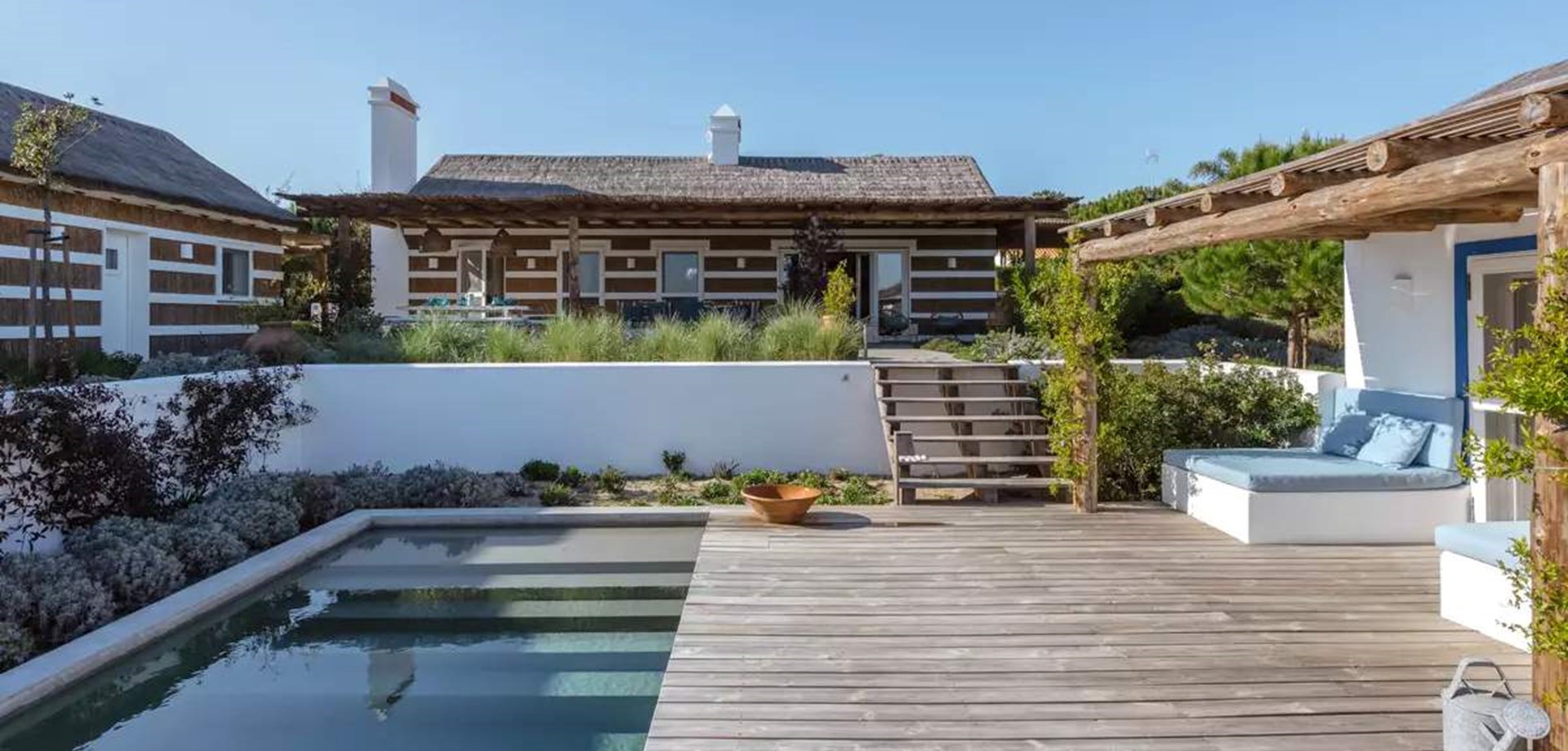- Home
- About us
- Properties
-
Finance & Law
- Main advantages of acquiring off-plan properties
- Where do foreign buyers buy in Portugal?
- Why do French buyers choose Portugal?
- Recognition of signatures in the promissory contract for the purchase and sale of real estate
- 7 compelling reasons to consider buying a property in Portugal in 2025
- Rural or urban properties: which is the best choice for you?
- The impact of location on the value of a property
- Renovating historic homes in Portugal
- What is a smart home?
- What is the new NHR 2.0 Program or IFICI?
- The right of first refusal can be exercised in the purchase or sale of a particular property
- Everything you need to know about the condominium law
- Is Portugal expensive in terms of food and drink?
- European Health Insurance Card
- Where to buy your property in Lisbon ?
- Buying land to build on can be an alternative to buying a house
- If you are considering investing in resort properties?
- Non-Habitual Resident Status (NHR 2.0) in Portugal in 2025
- How to Find Your Dream Home: A Step-by-Step Guide
- In the area of real estate investment, new construction is always compared with older properties
- Practical guide to sharing assets in inheritance
- What is an Undivided Inheritance? Know all
- Why British and American expats are choosing Portugal ?
- Buying a new property in a new development in Portugal
- How can I visit the property I like?
- What is the difference between an ordinary residential building and a tourist building?
- Moving to Portugal? Here are some helpful tips from a fellow expat
- How the French Embassy in Portugal can help you
- Information for British citizens moving to or living in Portugal
- What French associations in Portugal are there?
- Portugal or Spain? Compare which country is better for expats to live in
- Divorce and home loans: what to do
- Healthcare for UK nationals living in Portugal
- Living abroad as a senior: where to go and how to do it
- Seniors Living Abroad – Top 3 Tips for Living Comfortably Outside the United States
- Buying a property in Portugal
- Cost of living in Portugal versus the USA
- Return to Portugal through the RNH Regime for Emigrants
- What are the best international schools in the Algarve?
- Top Tips for Buying Luxury Property Abroad
- Do you want to buy property in Portugal? Discover the essential documents for home loans for foreigners.
- Portugal Expats Healthcare
- Why Portugal?
- Investing in resort property
- Is Portugal LGBT Friendly?
- Where to Buy Property in Portugal
- Buying a property in Portugal
- Spain, Italy or Portugal: Where should you retire?
- Legal Support - recommend hiring a Lawyer
- Opening a bank account with a Portuguese bank
- Are you ready to live in one of the best golf resorts in Portugal?
- If you come to live or want to invest, Taxes in Portugal ?
- The Tax Representative - Non-resident citizens in Portugal
- Portugal with 5th most powerful passport
- If you’re a UK national living in or thinking about moving to Portugal
- Real estate agents: Main functions
- 2023 Cost of living in Portugal: An overview of how much it costs to live in Portugal
- Buying a house in Portugal can be a wonderful dream
- Retire in Portugal: The best regions and towns for retirees
- There are more than 40,000 French people living in Portugal
- French community in the Algarve
- British in Portugal
- International schools in Portugal
- Invest safely and with a guaranteed minimum return of 5.0%
- Tax Treaty between France and Portugal:
- Pensions in Portugal
- Portugal, your new home
- Co-Ownership - Four Owners Plan
- I want to live in Portugal, but I know that there are several types of visas. Which one is right for me?
- D3 visa, for highly qualified professionals
- Visa D7 is intended for foreign nationals who are not nationals of EU Member States, the European Economic Area and Switzerland
- Portugal - Competitive real estate sector
- In the area of taxation, keep in mind the relevant information about property taxes
- The acquisition of property in Portugal
- Acquisition of a house in tourist developments
- Who can exchange a foreign driving licence for a portuguese driving licence?
- British in Portugal
- Lifestyle
- Contact us
- (0)
- (0)
What if your new home arrives by email? Subscribe to our Newsletter

If you are considering investing in resort properties?

If you are thinking of investing in tourist properties, there are a few aspects to take into account.
According to a guide from FortuneBuilders, buying a vacation rental property requires an in-depth knowledge of local markets and anticipated revenues. It is necessary to choose a location and conduct an in-depth analysis of the market before making an offer
It is important to note that owning a holiday property is not like investing in a traditional property. Unlike a traditional property, buying a holiday property means that you are adding a property to your portfolio that will have vacancies throughout the year. The income generated often depends on the first season.
If you're interested in investing in a property in a holiday community, there are pros and cons to consider. According to [realtor.com], buying a property in a tourist resort can be a great investment, but there may be additional restrictions and charges that make resorts less idyllic
ROI of a vacation rental property
A good return on investment in a holiday property will depend on the investment and the measure used. Many investors opt for cash return when measuring the profitability of rental properties. This figure takes into account the money spent upfront when investing and the income minus expenses. The cash-on-cash formula is then calculated as:
(Annual Cash Flow / Total Cash Invested) * 100 = Cash to Cash Yield
The final answer should be expressed as a percentage. Many investors are looking to achieve a return of more than 10% when looking to rent out holiday properties, but this figure can vary. In long-term rentals, for example, the common cash return is between 5% and 10%. However, short-term rentals typically indicate a higher rental yield.
If you are looking for specific investment opportunities, OUR HOME PORTUGAL offers an analysis of the different types of units and accommodations that you can find in many resorts in the Algarve - Cascais - Lisbon and Óbidos.

